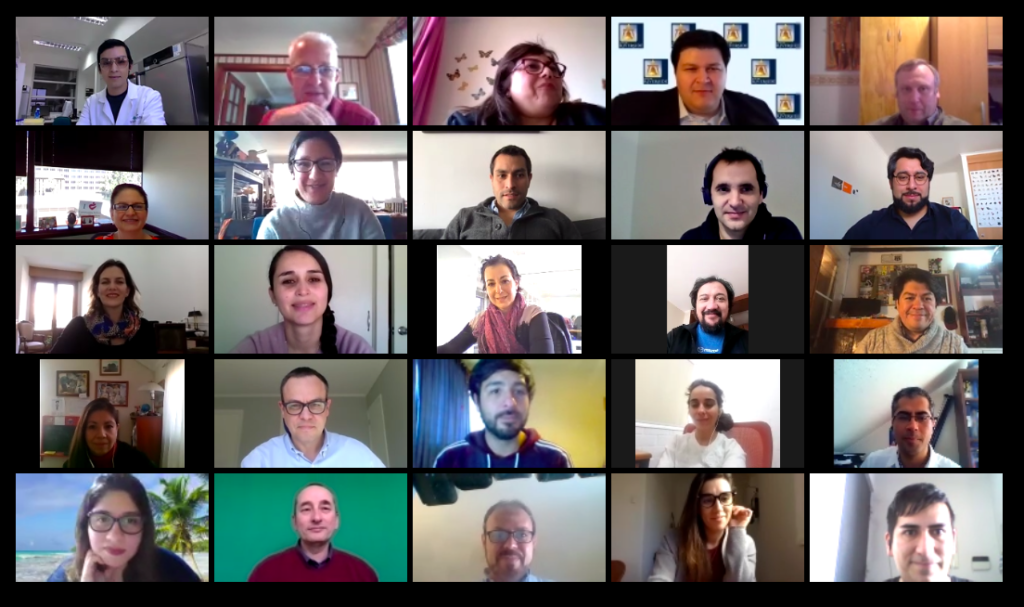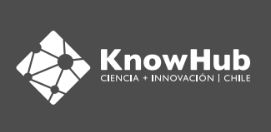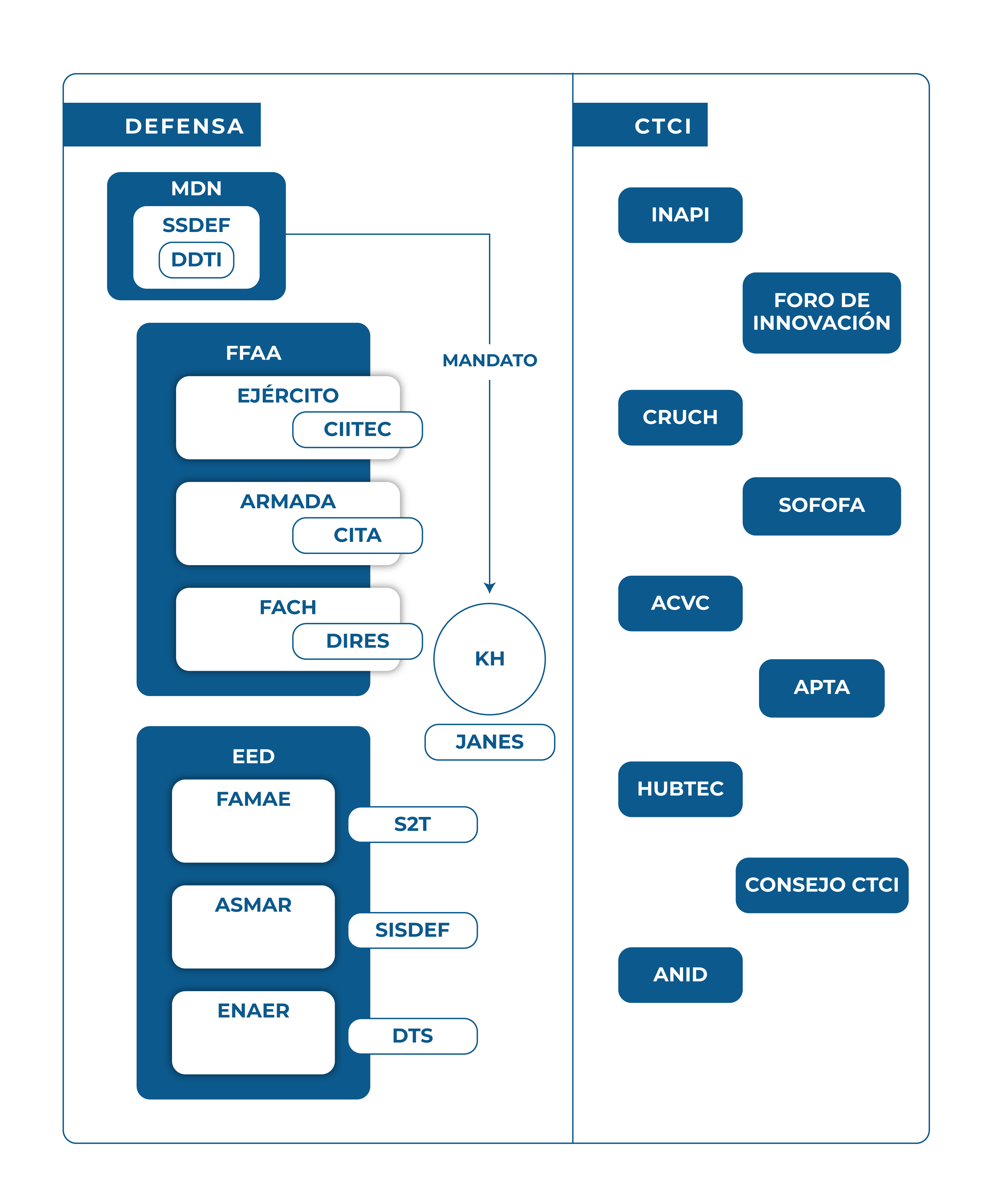NEWS
+ News
SUCCESSFUL VIRTUAL LAUNCH OF KNOW HUB IGNITION SECOND GENERATION
Leading authorities from Chile and California innovation ecosystem participated in the event, revealing the collaborative work behind this programme to support technology-based startups.
Nearly 170 people attended the virtual launch of 2nd Know Hub Ignition generation, a programme seeking to support the creation, maturity and internationalization of technology-based startups. In this second generation, 15 national teams and one from Colombia are going to participate. To read more about this call and the winners, click here.
“Chile is a country which started a route round startups several decades ago. However, everyone in the system knows that the last ten years have been particularly transforming due to important efforts, such as Know Hub Chile, which succeeds in making the system change”, commented undersecretary of Science, Technology, Knowledge and Innovation, Carolina Torrealba.
In fact, Javier Ramírez, Know Hub Chile executive director, emphasized some of the results of these efforts: “One of last year’s Know Hub Ignition finalist startups is waiting for the opening of borders to incubate in California, and another has already started large-scale production of its technology, a disinfectant, at a national level”.
Know Hub Chile is part of a public policy led by Corfo. “Know Hub Ignition contribution is very important for the country, because it enables the validation of those technology-based startups which have been developed at university laboratories into the market, being a fundamental step in their growth”, remarked Corfo Executive Vicepresident, Pablo Terrazas
Know Hub Ignition programme is led by Know Hub Chile and the University of California Riverside (UC Riverside). Rodolfo Torres, Vice Chancellor for Research and Economic Development of this House of Studies pointed out: “We are convinced that modern university must become part of society in a new way and contribute, not only from its traditional educational role and knowledge generation, but also in the economic development of the communities it serves and draws on”.
And then he added: “Our economic development perspective is aligned with initiatives at the level of our city, county and State of California, to strengthen the economic growth of the region and the welfare of its inhabitants through innovation, knowledge transfer, business entrepreneurship and business incubation
California in three levels
Precisely, authorities from these three entities – city, county and State – participated in the event, demonstrating that this development model grounded to the territory and underpinned by science-based innovation is shared by everyone.
“It is an honor to work for a State distinguished by its leadership in innovation, with well-known institutions as UC Riverside, inventors and adventurers, who drew more than half of all venture capital of the United States in 2010, and leaders in research and development investment, and in patents. Therefore, our approach is clearly making sure that our innovative startups have an ecosystem which supports their success regardless their race, gender or zip code”, stated Isabella Casillas Guzmán, head of startups and small business at the Office of Business and Economic Development of the California State.
Casillas also congratulated the researchers and entrepreneurs who participate in Know Hub Ignition: “We acknowledge the determination needed to innovate and commercialize their visions. I’m really pleased to see so many women in the teams”. Indeed, six out of the 16 teams in this 2nd generation are led by women.
Riverside county has 2.5 million inhabitants, including obviously Riverside city and others like San Bernardino and Ontario, an area known as Inland Empire. This region is known to be one of the greatest in economic development in the state. County Director, Heidi Marshall, participated in the event.
“If there’s something we are pretty clear about is that it was the entrepreneurs and the innovation ecosystem that helped us recover from the last economic recession. It is obvious that we need each other to move forward”, commented Marshall. And then she added: “The County is committed to go on building this ecosystem of entrepreneurs, so that it keeps thriving through this programme with Chile. We understand that this type of collaborations will become of utmost importance in our economic growth and the labour force.”
After the mentioned major economic recession in the United States in 2008, the concept of Innovation Districts started to emerge strongly. These Innovation Districts are zones where leading institutions, such as universities and companies, gather and get connected with startups, business incubators and accelerators. Besides, they are easy-access zones offering housing as well as offices, unlike places such as Silicon Valley, accessible only by car, and with little emphasis on integrating work, housing and entertainment. Riverside, a 330 thousand-inhabitant city, is an Innovation District.
“Riverside has Innovation in its DNA. Recently, and under the leadership of our Mayor and council, we created the first Innovation District in the city, with 3.5 hectares and located in the heart of the city, strategically next to UC Riverside. Its target is attracting new investments, keeping local talents and diversifying and innovating local economy in order to amortize future economic recessions”, commented Deputy Director of Riverside city, Moisés López. And he added: “We are committed to help Chilean businessmen settling down in Riverside and to make significant connections with our business community”.
Know Hub Chile and University of California Riverside have a collaboration which goes beyond Know Hub Ignition. In fact, during the programme launching, the chance was taken to sign the agreement for UCR INNOVA’R licensing. The successful UC Riverside methodology evolved from Innovation Corps (iCorps) of the National Science Foundation (United States).




